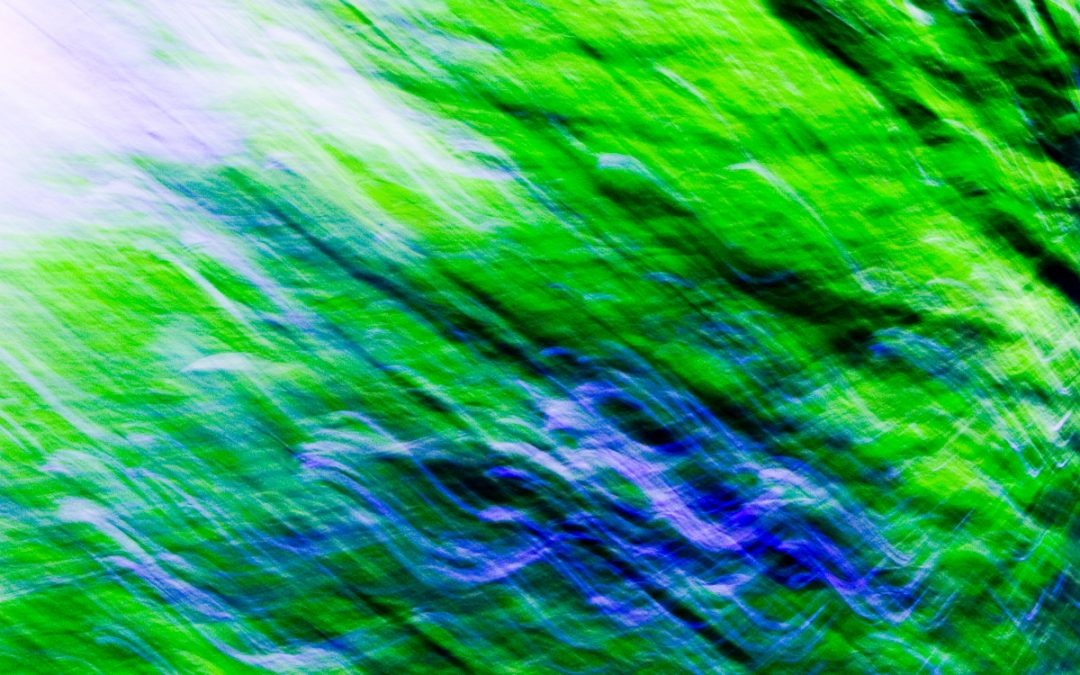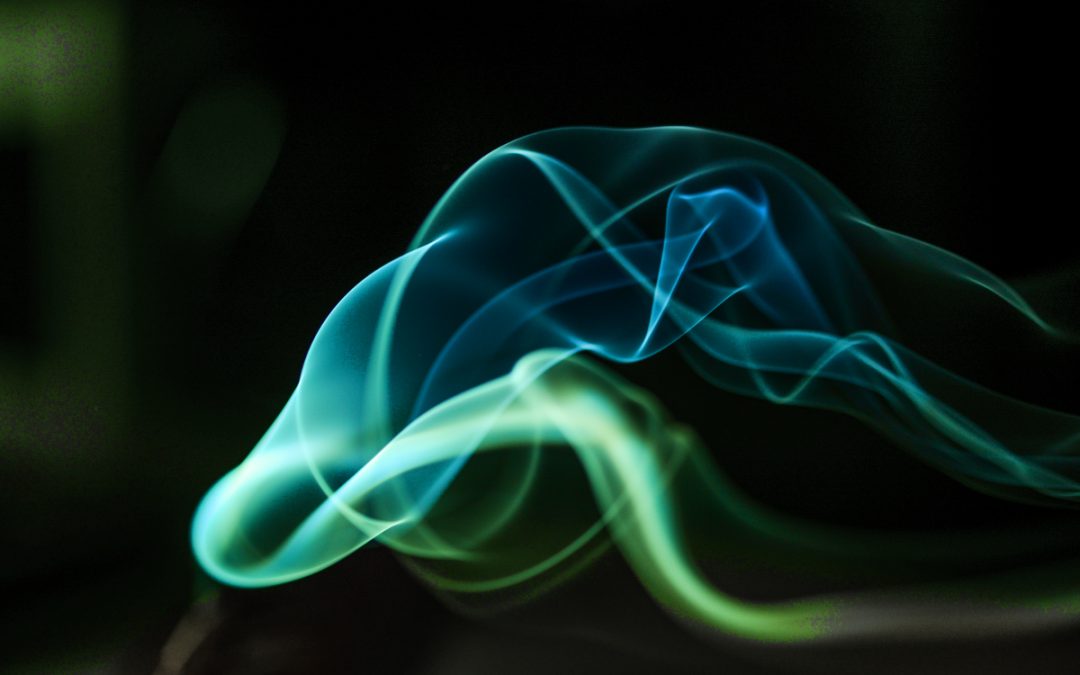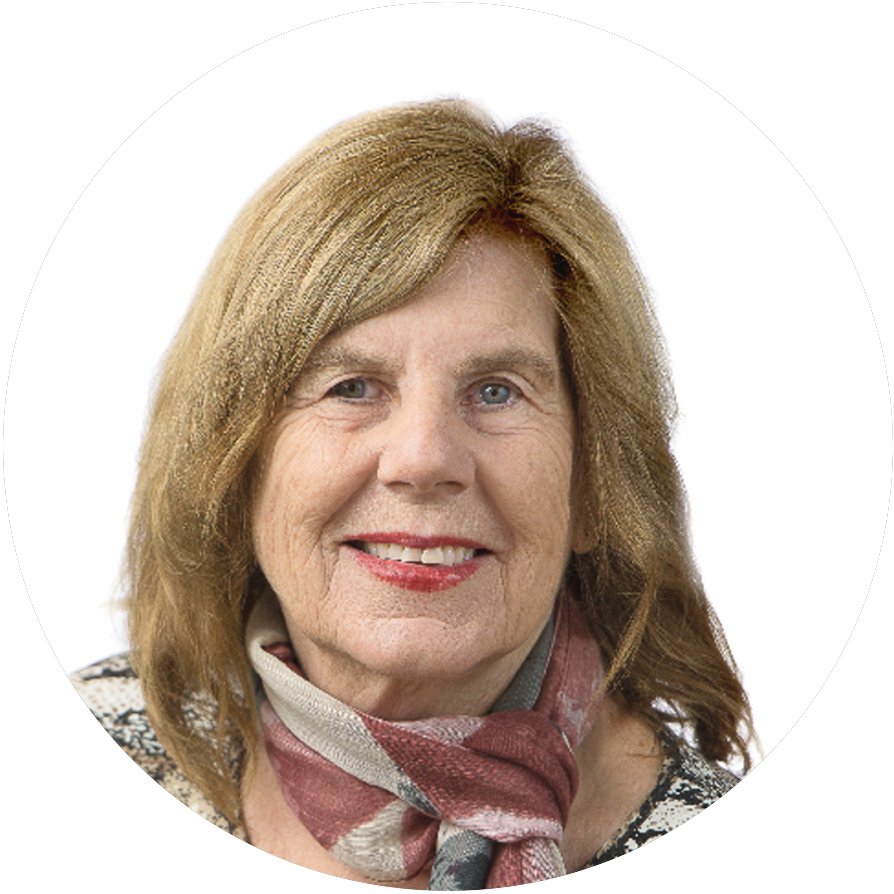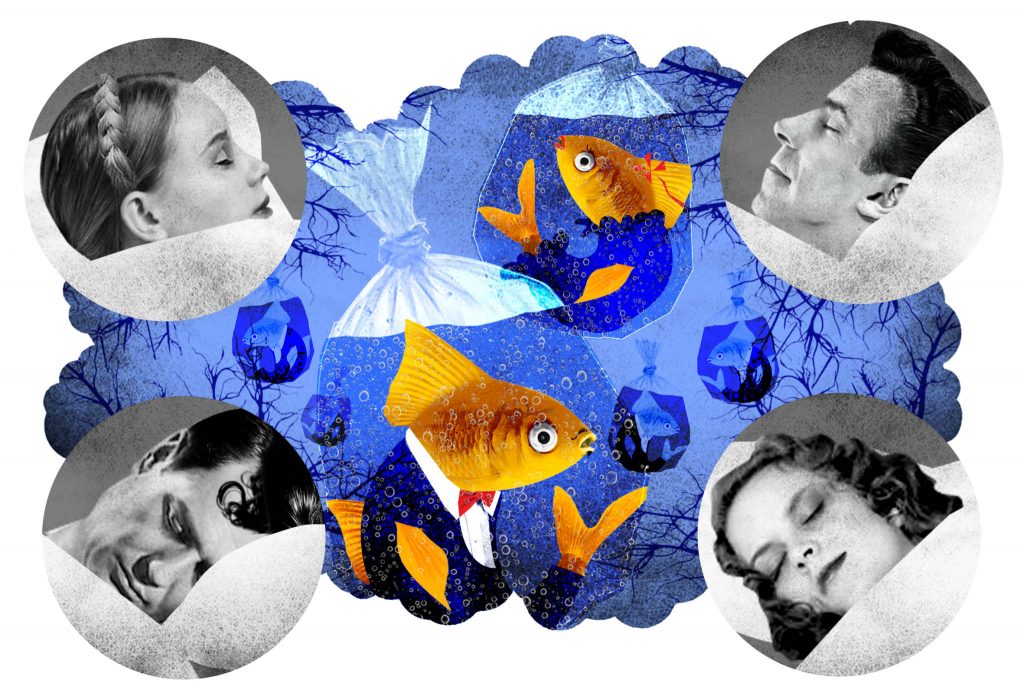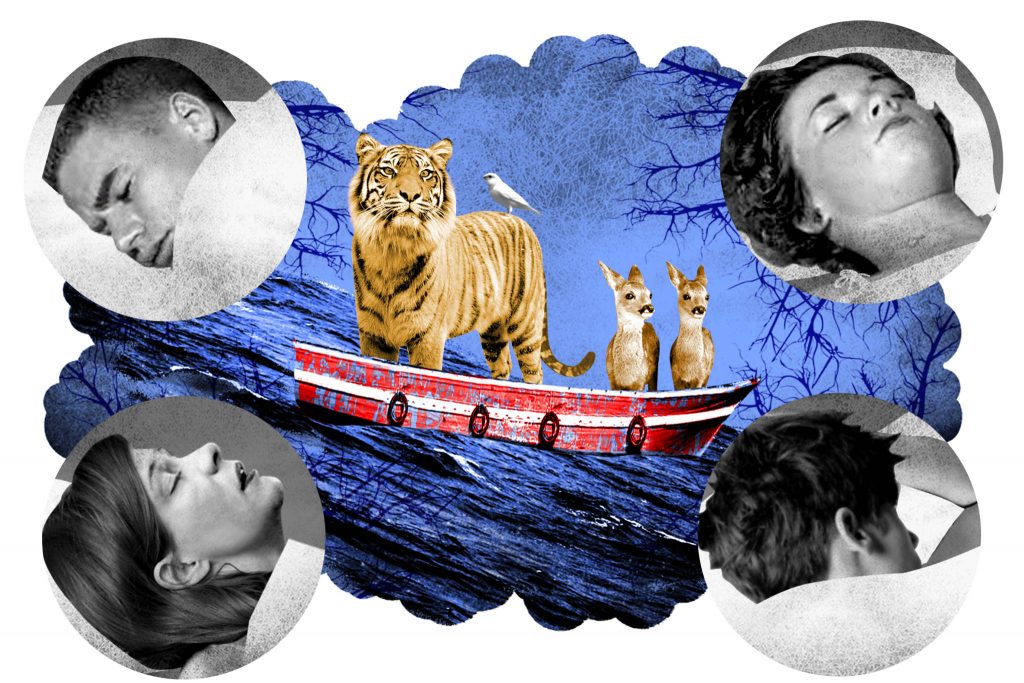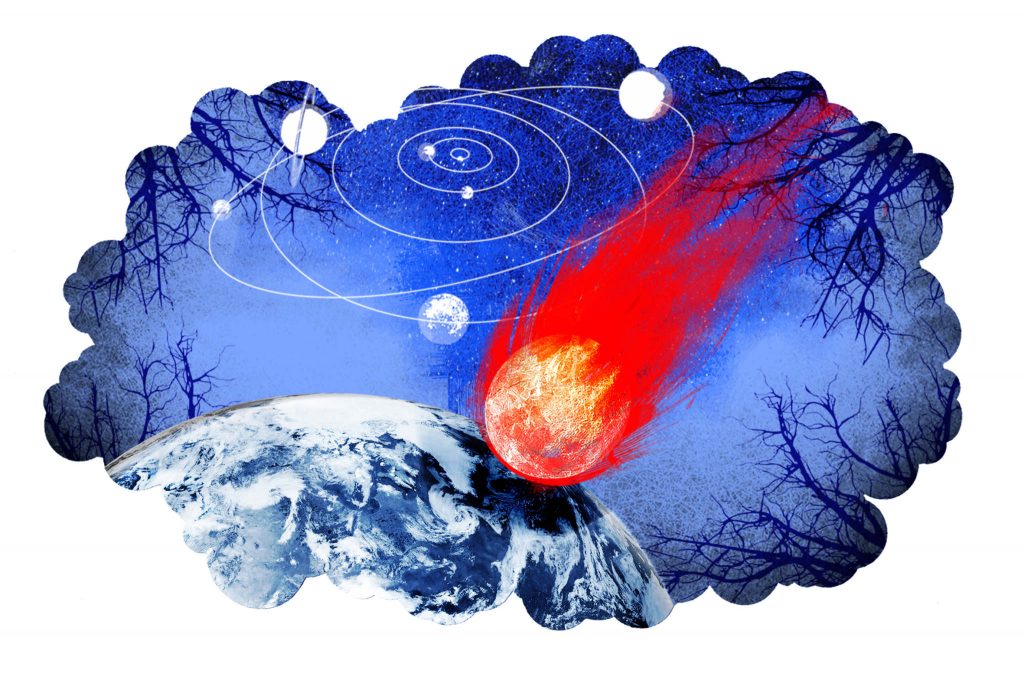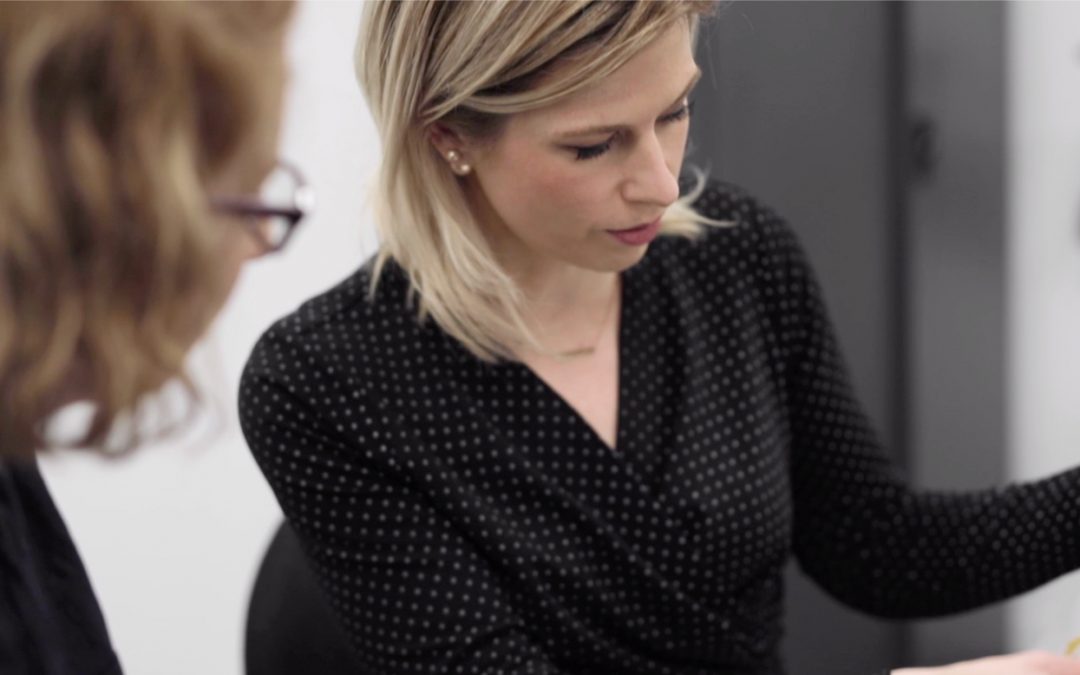
Master’s Information Session 2021
These information sessions aim to illuminate what you can gain from the master’s course. They are also an opportunity for prospective students to meet others who might study with them.
Master's Information Session
Monday 12 July
live interactive online via zoom
Dr Wendy Harding, Director of Academic Programs at NIODA, is offering an information session for those who want to learn more about what can be gained by studying a Master of Leadership and Management (Organisation Dynamics). It is also an opportunity for prospective students to meet others who might study with them.
Participants will have questions answered such as:
– What are the foundational ideas of the course?
– How can the learning assist me in my workplace challenges?
– What are the time and other commitments required?
– What are the administrative details of application and enrolment?
Current students/alumni will be available to talk through their experience of the course and how it has helped them in their professional lives.
Masters Information Session
Day(s)
:
Hour(s)
:
Minute(s)
:
Second(s)
When & Where
Master’s Information Sessions
📆 Date
Monday 12 July 2021
⏰ Session Time
5 – 6 pm Melbourne/Sydney/Canberra/Hobart/Brisbane
4.30 – 5.30 pm Adelaide
3.30 – 4.30 pm Darwin
3 – 5 pm Perth
💡 Details
These information sessions aim to illuminate what you can gain from the master’s course. They are also an opportunity for prospective students to meet others who might study with you.
👩🏻💻 Location
Live interactive online sessions via Zoom
About NIODA
The National Institute of Organisation Dynamics Australia (NIODA) offers internationally renowned post-graduate education and research, and decades of experience consulting with Australian organisations.
The study of organisation dynamics brings together socio-technical and psychoanalytic disciplines to explore the unconscious dynamics that exist in every group, team or organisation. Learning more about these theories, and reflecting on the experience of them, can support leaders and managers to unlock great potential in their organisations; tackling issues through a whole new light.
Get In Touch
PO box 287, Collins Street West Melbourne 8007 Australia
+61 414 529 867
info@nioda.org.au

